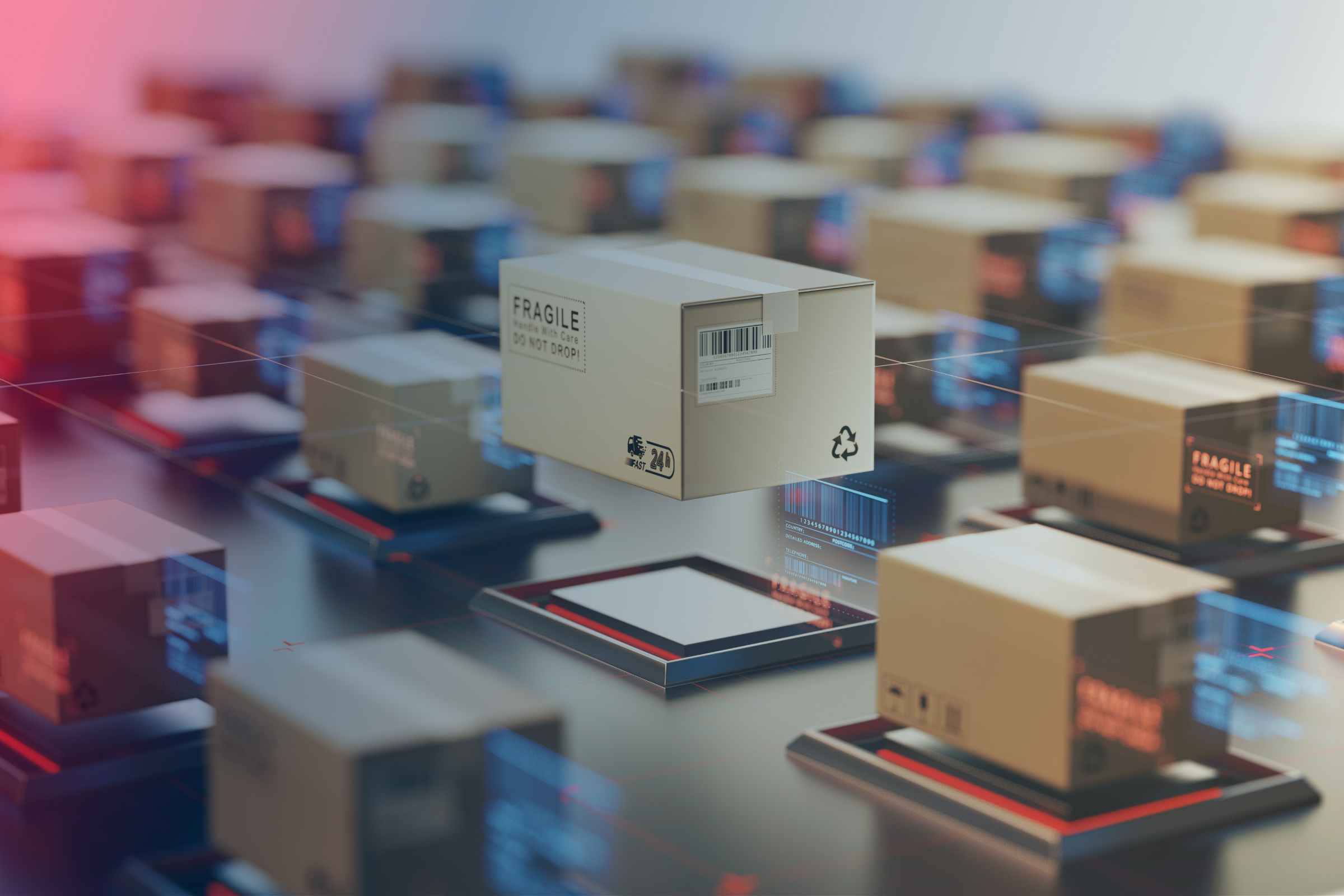- Home
- Knowledge center
- Blog
- How a wms accelerates digitalization of logistics
Blog
HOW A WMS ACCELERATES DIGITALIZATION OF LOGISTICS
The digitalization of logistics has occupied a prominent position on the agenda to eliminate inefficiencies and reduce environmental impact. Finland has even announced a Logistics Digitalization Strategy at the end of last year. Their goal is to move towards efficient and sustainable logistics by means of digitalization. To achieve this, they want to facilitate open cooperation and collective understanding of the benefits generated by digitalization of logistics. We asked Pekka Lehtinen, Managing Director Finland at Consafe Logistics how a WMS can support this strategy.
WMS boosts digitalization of logistics
The logistics industry has always been a crucial part of the society and its importance has been proven once again during the COVID-10 pandemic. Not only for the distribution of medical equipment, but also for ordering consumer goods in a time that the accessibility of stores was limited. Logistics will only become more embedded into our lives, which means that it needs to be more sustainable and fitting to our digital environment.
Digitalization is the only way the logistics industry can become part of the future. And a WMS is one of the solutions that can accelerate and underline the digitalization of logistics. An important part of this strategy is to improve the management and use of data where a WMS facilitates this by:
- Sharing logistic data with other integrated systems
- Calculating packing optimizations to reduce waste and to limit shipping air
- Presenting real-time information of the logistic operation
- Enhancing the ability of monitoring and reporting
- However, to ensure digitalization of logistics in Finland, all the parties within the industry should be addressed. This will enhance the supply chain for data sharing so that supporting tools can utilize it for optimization. In my view, one of the main benefits of a WMS in supporting this, is the ability to easily integrate with other systems such as a TMS. By interlinking with other systems, the optimization goes much further than the warehouse activities. It creates a decentralized digital eco-system for logistic solutions and innovation.
